PebbleGo
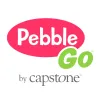
Easily accessible, kid-friendly database for the littlest researchers
Bottom Line: Delightful, safe introduction to the world of research, databases, and reporting, with interesting content and stellar supports.
Library of Congress

Dig into famed library's collection of research goodies
Bottom Line: The Library of Congress delivers the best of America's past and present, and with teacher support it could be a reliable research resource for students.
NowComment

Rich collaboration and close-reading tool invites deep, easy-to-assess discussions
Bottom Line: Versatile, free discussion platform for teaching, peer review, assessment, and fostering active reading.
PebbleGo Next
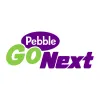
Safe nonfiction database develops students' research skills
Bottom Line: Student-centric research site gives kids a just-right amount of information to build foundational research skills.
Smithsonian Open Access
Stellar museum-based resources available for exploration and use
Bottom Line: This high-quality collection of museum resources -- ranging from artifacts to full-blown exhibits -- provides unlimited exploration for students, reliable primary sources for teachers.
Digital Public Library of America
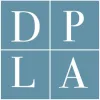
Organized digital library features piles of useful primary resources
Bottom Line: DPLA is at the top of the list of high-grade, online primary source collections if teachers make effective use of what's on offer.
Gooru
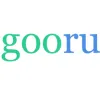
Track progress, differentiate instruction with vast content library
Bottom Line: Though it's not perfect, it's a great portal for supplementing classroom instruction and supporting personalized learning.
ZoteroBib
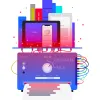
Fewer clicks and less clutter equal a new go-to site for citing sources
Bottom Line: An intuitive site that takes the stress out of citing sources, but students will still need instruction to tweak auto-generated citations.
SweetSearch
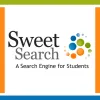
Search engine with filtered results leaves room for critical thinking
Bottom Line: SweetSearch supplies valid, reputable websites that can help kids learn about a variety of topics.
AllSides for Schools
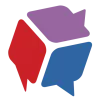
Civics site offers building blocks for meaningful dialogue
Bottom Line: This site meaningfully promotes dialogue rather than argument, and collects a lot of resources you might normally have to curate yourself.
Britannica School

More interactive support and instruction than Wikipedia -- for a price
Bottom Line: Over 140,000 credible and up-to-date articles are presented with social media savvy; the research here is engaging and accessible.
Hypothes.is

Tool makes webpages and digital texts spaces of critique, discussion
Bottom Line: This tool opens up digital text and the web to analysis, annotation, and discussion, whether inside a classroom or with the world.
NoodleTools
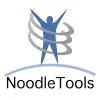
Expansive research tool uniquely melds learning and productivity
Bottom Line: While the complex, old-school design isn't ideal, NoodleTools gives students specific assistance where they need it the most -- with citations, paraphrasing, elaboration, and organization.
Diigo

Social bookmarking encourages discovery, collaboration, and sharing
Bottom Line: With a Diigo educator account, teachers and students have a safe space to organize, customize, and share Web content while learning about a variety of subjects.
EasyBib
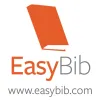
Helpful citation and writing resource for instant bibliographies
Bottom Line: EasyBib works great for citing sources and generating bibliographies, but other tools such as a grammar checker are limited.
PowerNotes
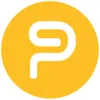
Simple, efficient research tool lacks features for group projects
Bottom Line: When paired with strategic teacher guidance, the simple user interface and effective research-gathering capabilities make this a useful but incomplete option.
Weava

Chrome extension helps organize web-based research
Bottom Line: For Chrome users and mostly digital classrooms, this is a fairly intuitive tool that'll help students wrangle their research.
Scrible
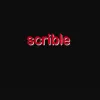
Browser extension helpful for annotation and research organization
Bottom Line: A solid -- with room to grow -- annotation and research tool; serious users will need to pay for premium.
Google Scholar

Academic search engine, an excellent source for credible research info
Bottom Line: This smart tool can help teens locate credible material for paper and report writing, general research, and other school projects.
Purdue Online Writing Lab
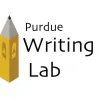
Quality resources for literary teens, but won't motivate reluctant writers
Bottom Line: Use this site as a robust resource for all aspects of the writing process, but don't expect an online community or interactivity.





